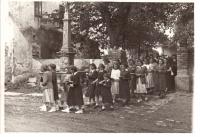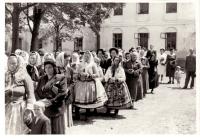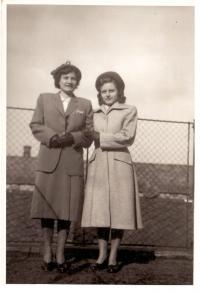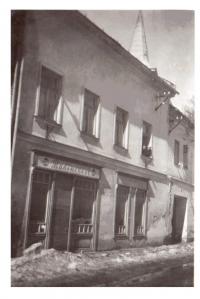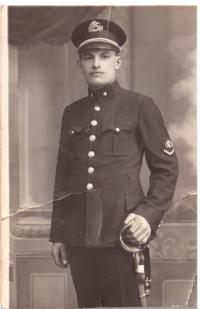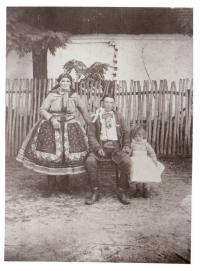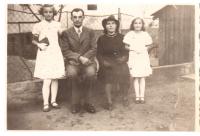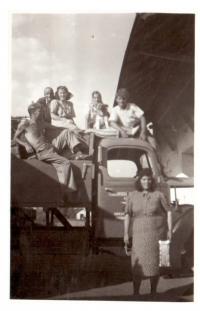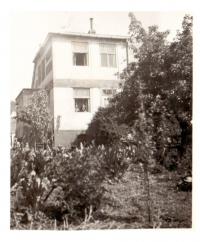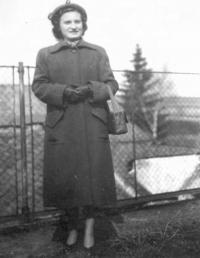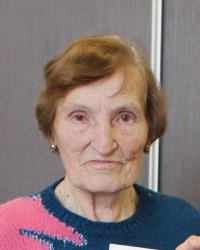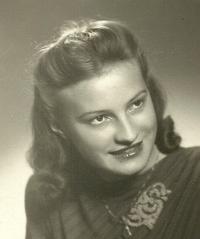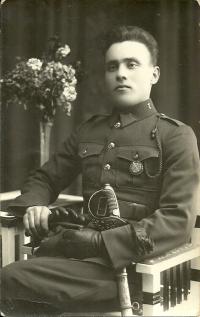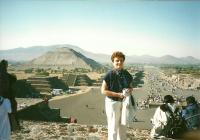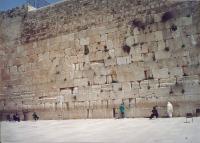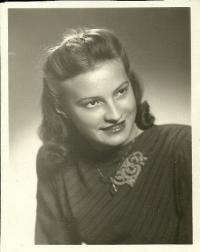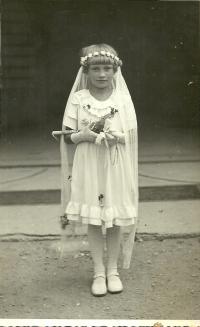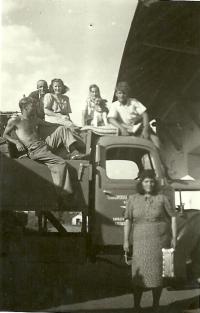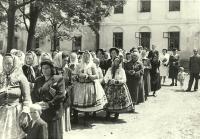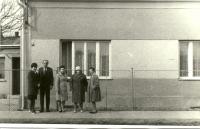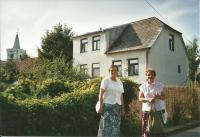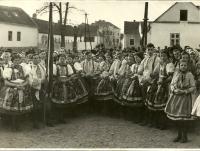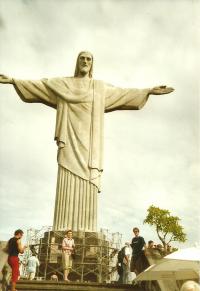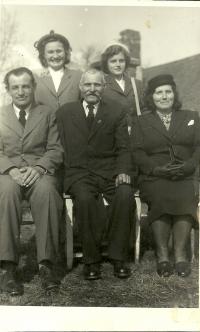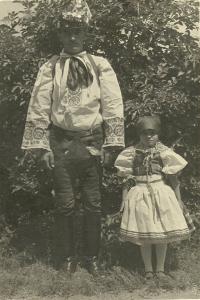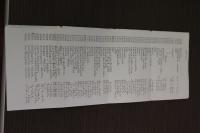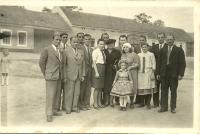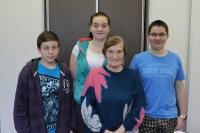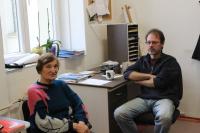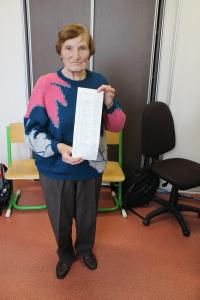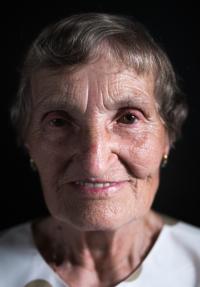The Nazis wanted to displace my family from Frélichov. The communists succeeded in it

Stáhnout obrázek
Marie Šalamonová was born in 1931 in Croatian Frélichov (present-day Jevišovka) in southern Moravia. Her father Josef Śalamon worked as a policeman in the railway station in nearby Hrušovany nad Jevišovkou, where he also lived with his family. His two daughters Emilie and Marie attended Czech schools and spoke Croatian at home. After the takeover of the Sudetenland the father had to escape to the inland and his wife and daughters moved to a newly built house in Frélichov. Their attempt to move and join their father was not successful, but throughout the war the family kept their Czechoslovak citizenship (later that of Protectorate of Bohemia and Moravia). After the end of the war Josef Šalamon actively fought for the Croats to be able to stay in their native villages, taking this struggle to the international level as well. After the communist coup in 1948 he was imprisoned for two years for this activity. In 1950 his family was forcibly displaced to Huzová in northern Moravia. Josef Šalamon was fighting for the rights of Moravian Croats till his death and he always wanted to return to his native village, which however never happened. Marie Šalamonová studied a family vocational school for girls in Mikulov; after the family‘s forced relocation she was working as a kindergarten teacher, but she had to leave her job for political reasons. Then she worked as an accountant. She lives in Uničov.
